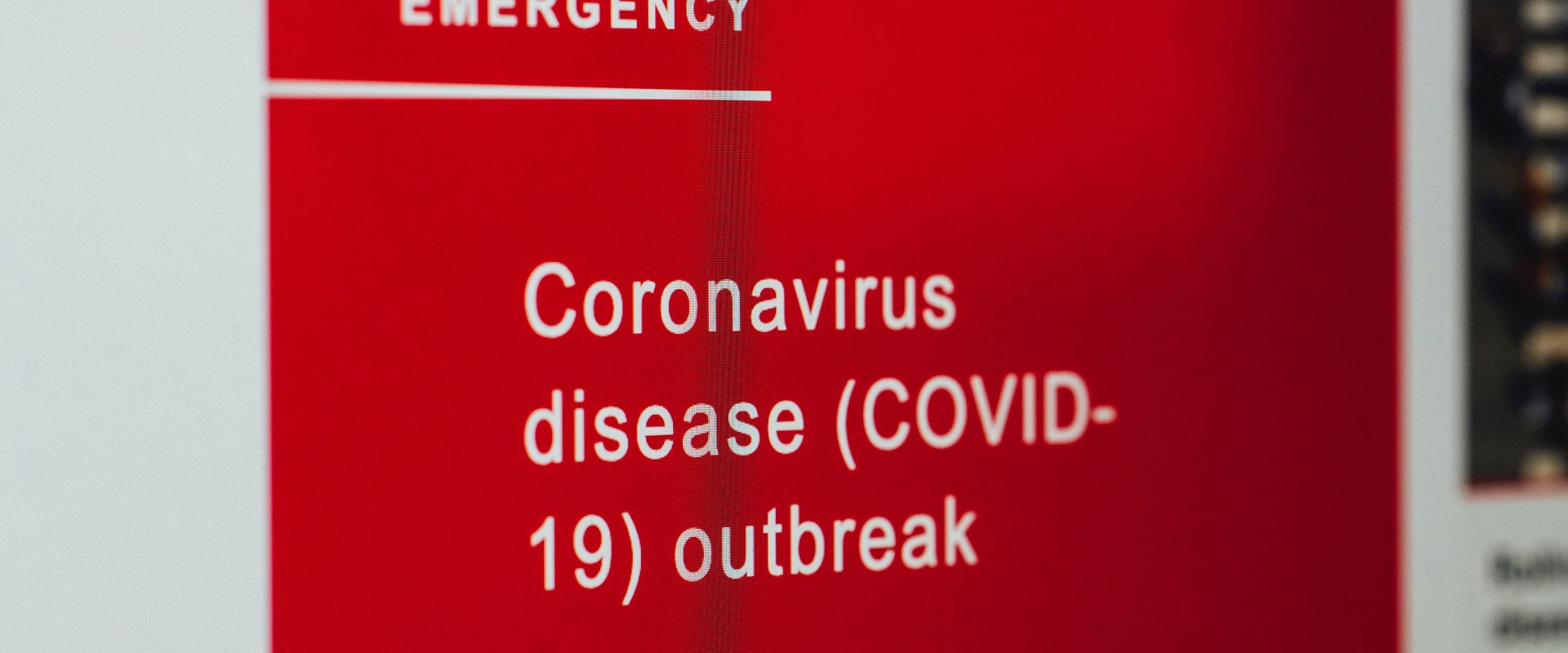
The coronavirus pandemic is continuing threatening the U.S. economy, forcing businesses to close, lay off workers or reduce their hours. And it hasn’t hit its peak yet. It’s already cost a record number of Americans their jobs, with 16.8 million people filing unemployment claims in the last month. Many Americans need to get cash fast during the coronavirus pandemic.
But where to turn?
We have compiled a list of potential options for you.
Unemployment insurance
Apply for unemployment right away if you’ve been laid off. But be prepared for long hold times due to the surge of applicants. However, not everyone is eligible to collect unemployment insurance. You can find more info on the U.S. Department of Labor website. Those who get benefits only replace about a third of their prior weekly wages, on average, and for a limited period of time. This varies broadly by state.
The federal stimulus bill expanded unemployment assistance and will give laid off workers an extra $600 a week on top of whatever state-level unemployment benefits they get.
Taxable accounts
Taxable accounts are your checking, savings, investment and certificates of deposit accounts. They are likely the next-best place to draw cash.
You may consider selling fixed income assets like bonds and cash-equivalents such as money market funds before stocks, which are likely trading at a very steep discount at the moment.
Those who sell investments with a net gain will have to pay capital-gains taxes. Those who sell at a loss could benefit from tax-loss harvesting.
Try to find another job
Some businesses like supermarkets and pharmacies are hiring workers right now. See if you can find another job, even if you hope or plan to return to your original job when the economy eventually rebounds.
Some states, like New Jersey, have created job websites to help.

Home equity
Home equity lines of credit and refinancing can provide a lifeline to homeowners. Home equity lines of credit tend to offer very low rates compared to products like credit cards. Homeowners can tap a home-equity line of credit or reverse mortgage, or consider cash-out mortgage refinancing.
Cash-out refinancing allows a home owner to swap out an existing mortgage for a larger loan — and pocket the difference tax-free. Lenders generally require homeowners to retain at least 20% equity in their home. Let’s say an individual has a $200,000 home and still owes $100,000 on the mortgage. This person could potentially free up $40,000 by doing a cash-out refinance.
This, of course, could drag out loan repayment for decades.
if you’re age 62 and older you can apply for a reverse mortgage. It’s a type of non-recourse loan, meaning borrowers would never owe more than the value of their home. There are risks — for example, similar to a traditional mortgage, lenders could foreclose on a home if borrowers don’t keep current with property tax and maintenance.
But people considering a refinance should be aware that mortgage lenders have been swamped with applications in recent weeks, meaning the turnaround time for a refinance could be longer than usual.
Retirement accounts
Americans can withdraw money from individual retirement accounts or workplace savings plans like a 401(k).
However, this strategy has many potential downsides — namely, selling investments that are reduced in value, forgoing tax-free investment growth, incurring tax penalties and raiding an account earmarked for retirement.
The $2.2 trillion stimulus bill, known as the Coronavirus Aid, Relief, and Economic Security Act (the CARES Act), lets retirement account holders take up to $100,000 out of their account and put the money back in with no penalty and no adverse tax consequences, as long as they repay the money within three years. But, it comes with a huge caution sign. You should only exercise this option if you’re sure you can pay the money back and if you can handle doing the paperwork required by the Internal Revenue Service.
Life inurance
If you own a cash-value life insurance (such as whole life or universal life) can get a tax-free loan by borrowing against the cash value in your policy. This could be risky, though — loans that get too big may eventually causing you to lose your insurance and potentially have a large income-tax liability.
Other loans
Banks may give signature loans (with no collateral) to long-standing customers. If you’re a long term customer with good credit you may also be able to secure a bank loan with collateral like a car or other asset.
Refinancing higher-interest-rate debt — and subsequently lowering your expenses — is another way to free up cash.
Ask family
Asking for a loan from family members might be uncomfortable, but could provide a last resort for keeping the lights on.
This is a very unique time in history and part of what family is there for is support in tough times.
Get cash for unused land and lots
Here’s the last option to get cash fast during the coronavirus pandemic. As a land buying company we can offer you cash for your vacant land and lots. We’re NOT real estate agents who list your property and wait for a buyer to come.
Instead we buy your property outright and can close the transaction within a few weeks. Usually, we can pay you out within 2 to 6 weeks.
It doesn’t matter if there are issues like back taxes or liens with your property. We also buy properties that are not in a perfect condition.
Additionally, we handle all the paperwork so you can focus on what matters most to you in the current situation. You just need to sign the documents when everything is ready.
Just fill out our online form to get started.
We then will send you an email with the offer attached within the next few days.

